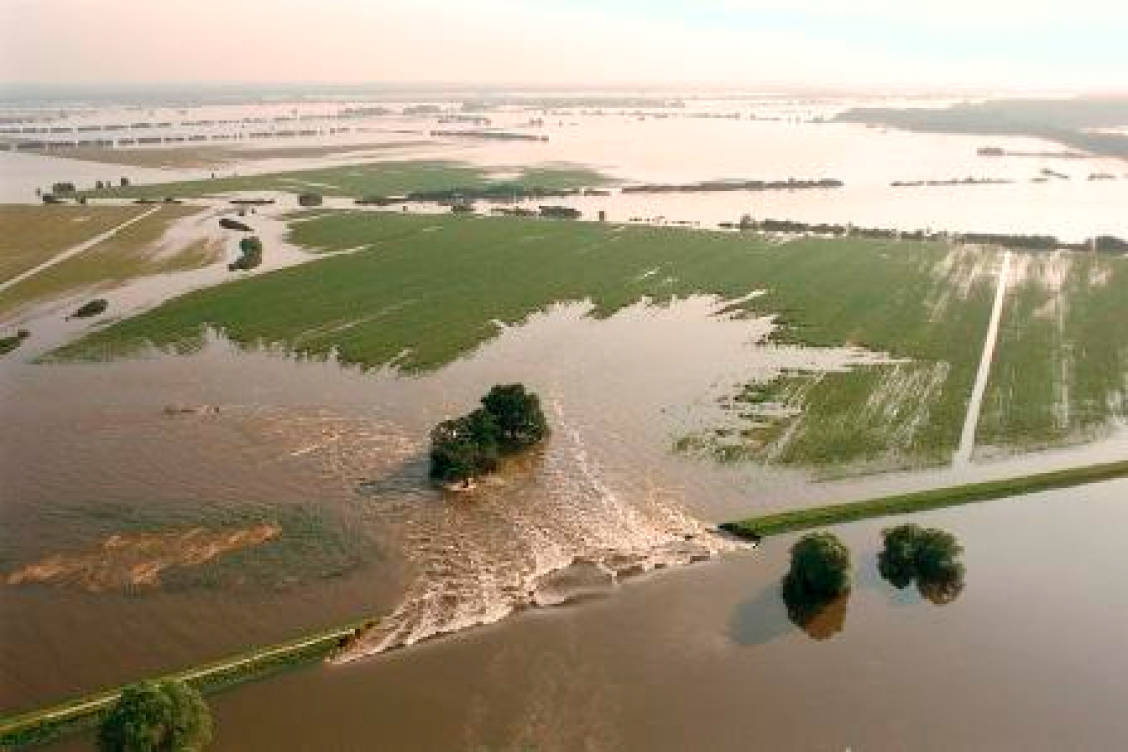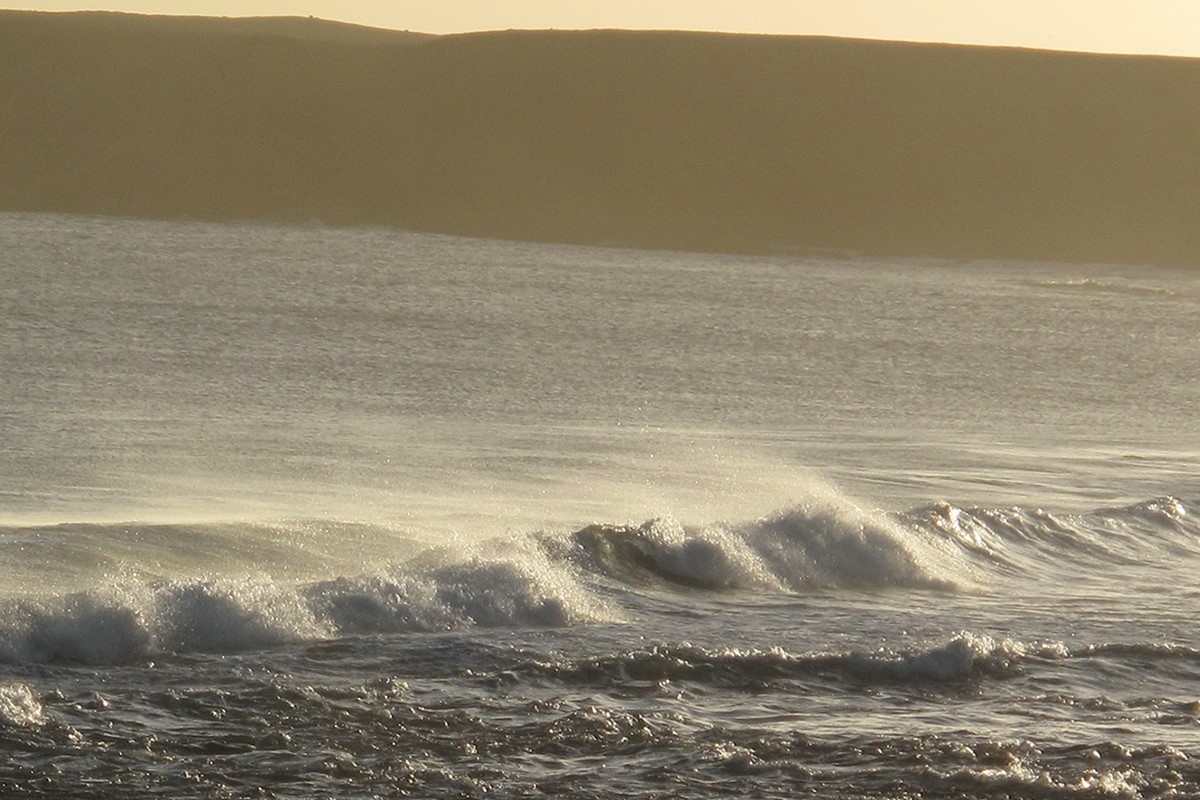The largest and the most uncertain contributions to relative regional sea level change need to be in the focus of research.
Ocean models should resolve the regional physics governing continental shelf and coastal sea level change on a local scale.
Uncertainties need to be reduced and confidence in projections improved.
Upper tail risks of regional sea level rise are particularly important for adaptation of key infrastructure, since they represent low probability, high impact events.
Decadal prediction systems will improve our knowledge of the system and the way we model it.
Reduction of emission scenario uncertainty is a scientific topic of socioeconomics that feeds back to the natural science research on sea level projections.




